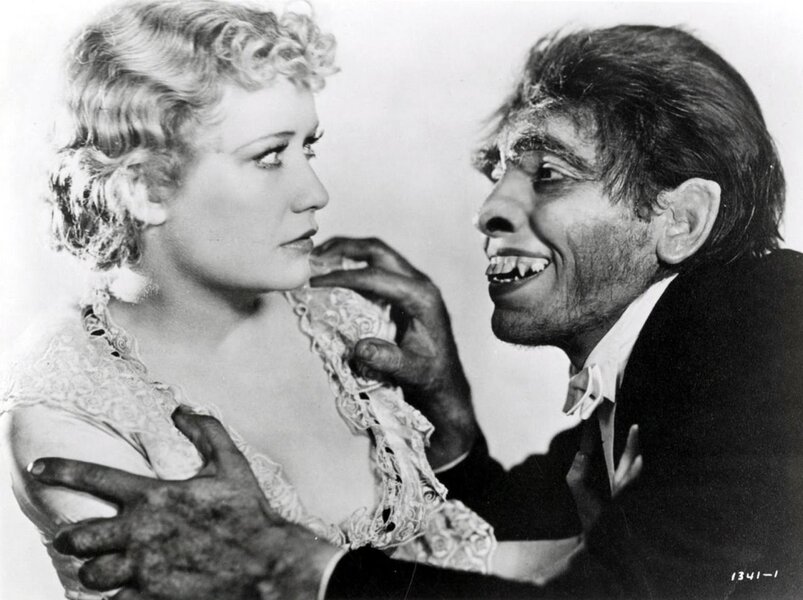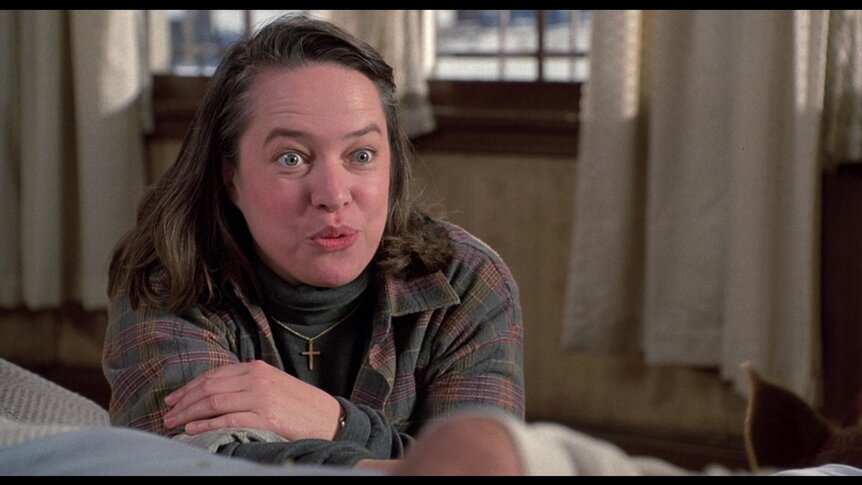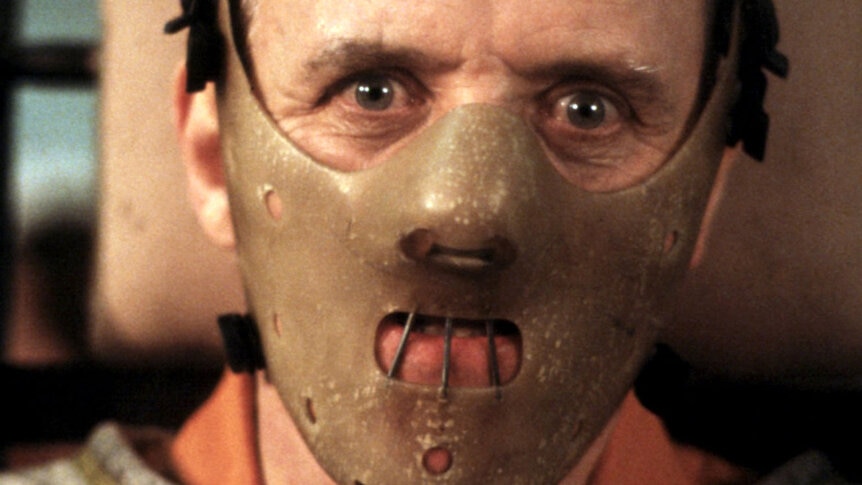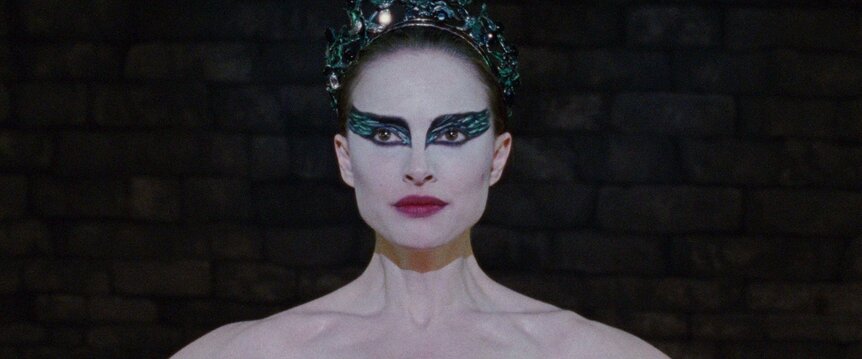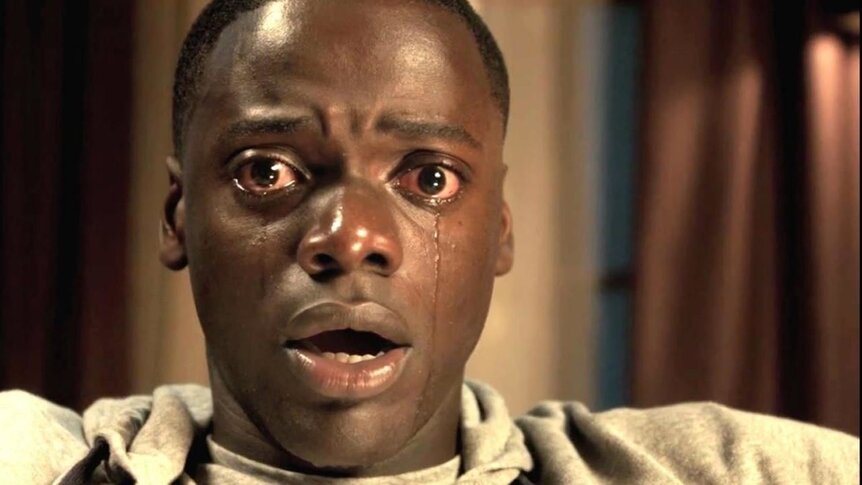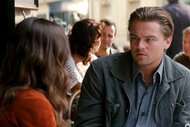Create a free profile to get unlimited access to exclusive videos, sweepstakes, and more!
7 Oscar-winning horror movies you should know about
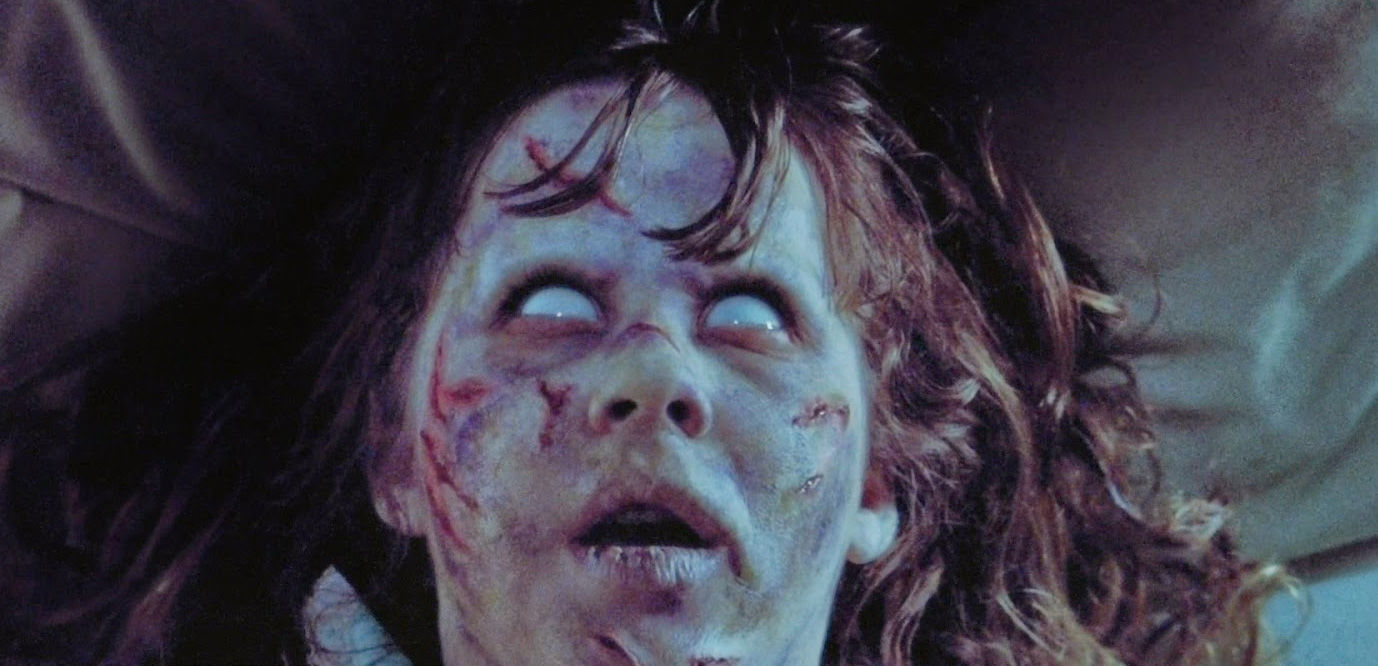
When it comes to the Academy Awards, certain genres fare better than others. Drama, romance, and war films are the most popular, according to IMDb, with biopics earning a lot of love too, as voters seem to think that they carry more artistic and critical significance than sci-fi, action, or horror movies.
The latter genre is one of the least recognized at the Oscars, despite it offering some of the greatest contributions to cinema since 1896. One could certainly argue that horror has had one of the most significant impacts on pop culture because of our morbid collective curiosity of things that strike the utmost fear and disgust in us. And because of that fear, horror films and moments often stick with us more than any other.
This year, A Quiet Place and Hereditary have offered up some of these memorable movie moments, and as works of art they have arguably earned a place in the awards conversation. Sadly, so far, when it came to the Oscar nominations, they have barely been noticed, if at all.
So which horror movies have secured the respect and recognition of the Academy membership over the years? Here are some of horror's past winners that really stand out.
01. Dr. Jekyll and Mister Hyde (1931)
This adaptation of Robert Louis Stevenson’s 1886 gothic novella, The Strange Case of Dr. Jekyll and Mr. Hyde, earned three nominations at the 4th Academy Awards, but it was Fredric March’s chilling portrayal of the titular characters that won him the Best Actor (although he did share it with Wallace Beery for The Champ).
This iteration centred on March's possessed doctor who uses human subjects to test his formula on which causes them to unleash their inner demons.
The horror was known for its strong sexual content, especially through Miriam Hopkins' performance as Ivy Pierson. It was made before the Production Code was enforced but upon its re-release in 1936, eight minutes of footage was removed by censors. It has since been fully restored.
02. The Exorcist (1973)
Considered to be one of the greatest movies of all time, The Exorcist was nominated for 10 awards, including Best Picture, at the 46th Academy Awards and went on to win for Best Sound and Best Adapted Screenplay. The latter award would have been especially rewarding for William Peter Blatty as he adapted his own 1971 book of the same name.
The film and book follow the demonic possession of a 12-year-old girl whose mother attempts to get her back through an exorcism conducted by two priests, though the former was marred with much controversy during and after its production. Stanley Kubrick and Arthur Penn both turned down the directing job before William Friedkin stepped in and he kept a rather abusive ship. Both Ellen Burstyn and Linda Blair suffered back injuries due to the manipulative lengths Friedkin would go to to ensure genuine reactions, and he also slapped Father William O'Malley round the face, which annoyed the Catholic members of the crew. He certainly wouldn't have gotten away with that sort of archaic old Hollywood behavior nowadays.
The film was also accused of using subliminal messaging to enhance the fear in the audience, which seemed to work as several reports at the time suggested people were fainting and vomiting after witnessing the demonic and blasphemous behavior of young Regan along with a demonic face in several scenes.
In the UK, Christian group the Nationwide Festival of Light protested its release and after the Video Recording Act was passed the British Board of Film Certification (BBFC) refused to certify so all video copies were withdrawn in 1986 until 1999 when censorship rules were relaxed and it was given an 18 certificate.
It's really no wonder then that The Exorcist is considered one of the scariest movies of all times as well as a having a cultural influence on horror filmmakers and movies in the years since.
03. Jaws (1975)
Jaws was nominated for Best Picture, Best Sound, Best Editing and Best Original Score at the 48th Academy Awards but won in the latter three categories. It was based on Peter Benchley's 1974 novel of the same name, which told the chilling story of a shark preying on a fictional New England seaside town and the hunt led by the local police chief to stop and kill it.
The greatest shark movie ever made, this is one of Spielberg’s proudest and toughest achievements so it’s no surprise to learn that he was pretty miffed to not receive a Best Director or a Special Effects nod too. That robotic shark signaled the beginning of a boom in animatronic effects of the 80s and 90s and even today it, coupled with John Williams’ iconic score, still manages to instill fear in audiences and make them scared to go in back into the water.
It practically invented the summer blockbuster too; before its arrival in 1975 most big releases were reserved for the Christmas period but as film historian Thomas Schatz noted in his essay The New Hollywood, Jaws “recalibrated the profit potential of the Hollywood hit and redefined its status as a marketable commodity and cultural phenomenon as well”. The film's timing, right when most people would be doing some summer swimming, made an even bigger impact too and suddenly studios were no longer seeing those months as a dry spell but a perfect opportunity to attract young audiences into cinemas.
The rest, as they say, is history.
04. Misery (1990)
One of many Stephen King stories to make its way onto the silver screen, Misery also earned Kathy Bates a Best Actress Oscar at the 62nd Academy Awards.
Bates plays Annie Wilkes, who takes the obsessed fan to the next level when an accident puts her in the company of her favorite writer Paul Sheldon. When she discovers that his book series doesn’t end the way she had hoped for, Paul suffers the consequences until he gets it “right”.
The film very nearly didn’t get made because of how disappointed King had been with some recent adaptations of his work. It was only because of Rob Reiner that producer Andrew Scheinman managed to persuade the author to give him the rights because of the director’s involvement in Stand by Me.
And thank goodness he did because, Misery proved that something as simple as two people locked in the same small house for most of a film can boast both disturbing horror and gallows humor in just the right measure, in just the right hands.
05. The Silence of the Lambs (1991)
This movie was pretty controversial at the time of its release due to criticism from feminists and members of the LGBTQ community, who accused it of misogyny, sexism and, homophobia because of the perceived portrayal of a transexual. But when has that ever stopped the Academy membership from dishing out praise?
The film was nominated ten times at the 64th Academy Awards and picked up Best Picture, Best Actor for Anthony Hopkins, Best Actress for Jodie Foster, Best Director for Jonathan Demme and Best Adapted Screenplay for Ted Tally’s take on Thomas Harris’ 1988 novel of the same name.
The Silence of the Lambs follows the FBI investigation into serial killer Buffalo Bill and the FBI trainee Clarice Starling looking for advice on apprehending him from imprisoned cannibal and brilliant psychiatrist Hannibal Lecter. It's Hopkins' performance that has inspired many an intellectual-yet-mad screen character (here's looking at you, Benedict Cumberbatch's Sherlock) and both series and films centered on our obsession with true crime and the pathology of serial killers. Seven, Mindhunter, True Detective, and of course the Hannibal Lecter-led sequels and shows would be nothing without The Silence of the Lambs and its impact on pop culture has been felt in the 28 years since.
However, Foster's contribution cannot be looked over as Clarice Starling is considered one of the greatest feminist characters to appear on screen. She is a woman in a man's world, something Demme shows us through the many male gaze perspectives showcased throughout the film. But she overcomes their expectations to not only handle Lecter and her colleagues but to save the day. In horror terms, Clarice is a final girl but one that survives while on the offensive rather than the defensive. She's not the victim, she's the hunter who paved the way for a new type of horror heroine.
06. Black Swan (2011)
Black Swan was nominated six times at the 83rd Academy Awards, including Best Director for Darren Aronofsky and Best Picture, but Natalie Portman, for her leading role of Nina, was the only one to take home a statue.
The film is on the more psychological end of the horror genre spectrum as Portman’s repressed ballet dancer vies for the prima ballerina role in the company’s new production of Swan Lake. With competition from a new, younger dancer, Nina’s psyche unleashes a dark side that blurs the lines between perception and reality, and Portman is uncomfortably bewitching in the role.
It goes to show that even arthouse movies can make bank, as Black Swan $349.2 million at the box office. It appealed to horror and ballet fans alike, and before Get Out and The Meg were getting props for its handling of the social media landscape the film had inspired Halloween costumes and YouTube make-up tutorials weeks before its release because of a full-length image of Portman in her black swan outfit that went viral.
07. Get Out (2017)
Jordan Peele’s social horror was nominated in four categories at the 90th Academy Awards and picked up the Oscar for Best Original Screenplay. The film centers on a black photographer going to meet his white girlfriend’s family for the first time only to find their seemingly liberal attitude covers a nefarious secret.
Before Get Out, it was hard to find horror movies that centered on diverse lead characters, the most famous being Duane Jones' zombie-slaying hero Ben in Night of the Living Dead, which was released 50 years earlier. However, its arrival in cinemas proved there was an appetite for diverse horror stories and it secured several records including the highest grossing box office for a debut original script as well as the first time at black writer-director had made $100 million with their debut.
It was also the highest rated movie of 2017, proving that horror was more than just the franchise sequels and reboots it had been defined by for so long. The cultural phenomenon it created is why riskier original movies like Hereditary, A Quiet Place and Peele's next feature Us were greenlit, and why Get Out deserved to take home more statues than it actually did.
